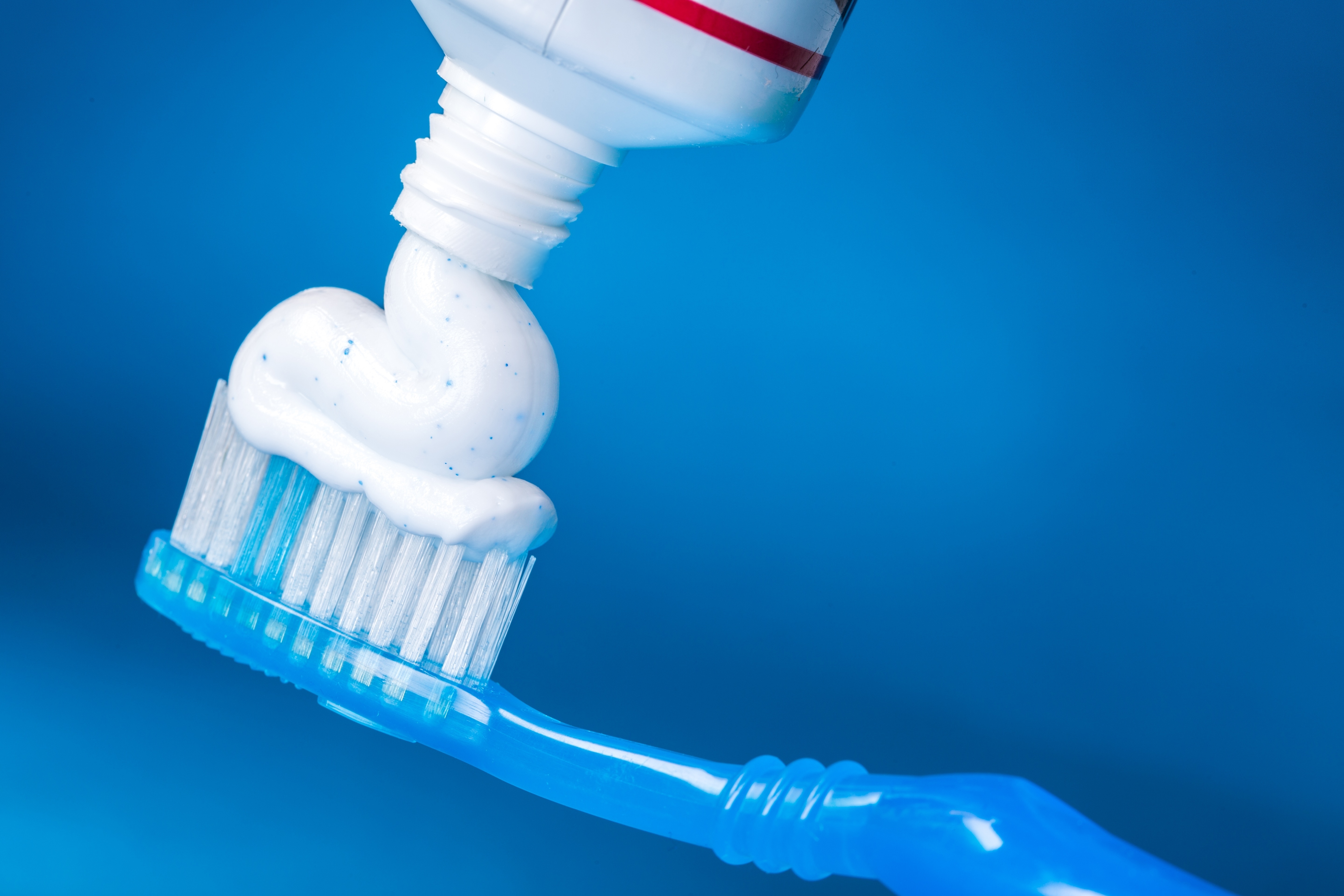
Fluoride is a compound containing fluorine, a natural element and helps protect teeth from decay. Using small amounts of fluoride on a routine basis can help prevent tooth decay. This article explains the benefits of fluoride on dental health of growing children, the right use, consequences of overuse, and associated treatment.
Fluoride inhibits loss of minerals from tooth enamel and encourages remineralisation (strengthening areas that are weakened and beginning to develop cavities). Fluoride also affects bacteria that cause cavities, discouraging acid attacks that break down the tooth. The risk of decay is reduced further when fluoride is combined with a healthy diet and good oral hygiene.
In places where fluoride is not present naturally in water it may be added to public water supplies. Research shows that public water fluoridation has lowered tooth decay rates by over 50 per cent, which means that fewer children grow up with cavities. Fluoride is also an active ingredient in many dental products such as toothpaste, mouth rinses, gels, and varnish.
The public drinking water supply in Oman is fluoridated. If you drink water from public water supplies and brush regularly with fluoride toothpaste then it is sufficient for adults and children with healthy teeth to lower down the risk of decay. However, fluoride is present in much lesser quantity in bottled water.
Children should use toothpaste with fluoride. Brushing twice a day (after breakfast and before bedtime) provides greater benefits than brushing once daily. Parents should dispense toothpaste to prevent their young children from swallowing too much.
In case, you are not receiving enough fluoride, your dentist can administer topical fluoride, which is a preventive agent applied to tooth enamel. It comes in a number of different forms. The dentist places gels or foams in trays that are held against the teeth for few minutes. Fluoride varnish is brushed or “painted” on the enamel. Varnish is especially useful for young patients and those with special needs who may not tolerate fluoride trays.
Excess fluoride causes dental fluorosis by damaging the enamel-forming cells. Dental fluorosis is an irreversible condition caused by excessive ingestion of fluoride during the tooth forming years. The damage to these cells results in a mineralisation disorder of the teeth, leading to an increase in the porosity of the sub-surface enamel.
Children are more vulnerable to dental fluorosis because their developing teeth are sensitive to higher fluoride levels. They are at greater risk if they swallow or use too much toothpaste and fluoride supplements, or regularly drink water containing excessive fluoride levels. Monitor your child’s intake and use of fluoride, and consult with your family dentist on the matter.
The damage that dental fluorosis causes to the internal matrix of the teeth is permanent.
Treatment Options
The following options are available to treat dental fluorosis depending on the severity.
Abrasion: Abrasion involves finely sanding off the outer layer of the enamel. It is a common approach when the fluorosis is mild. In more severe cases, it is not recommended since it can make the enamel highly-porous that will be prone to tooth brush abrasion.
Composite Bonding: This involves applying composite resin, a filling with a matching colour, to your teeth which is “glued” on to the exterior of the tooth.
Porcelain Veneers/Laminates: A veneer is a thin layer of tooth- coloured material that is applied to a tooth for esthetically restoring localised or generalised defects or discolouration. Veneers offer the best aesthetic solution of all available options.
Dr Richa Raj is dental surgeon at Pearly White Dental Centre, Al Khuwair. For any further query, please visit mypearlywhite.com or call at + 968 9705 2624.